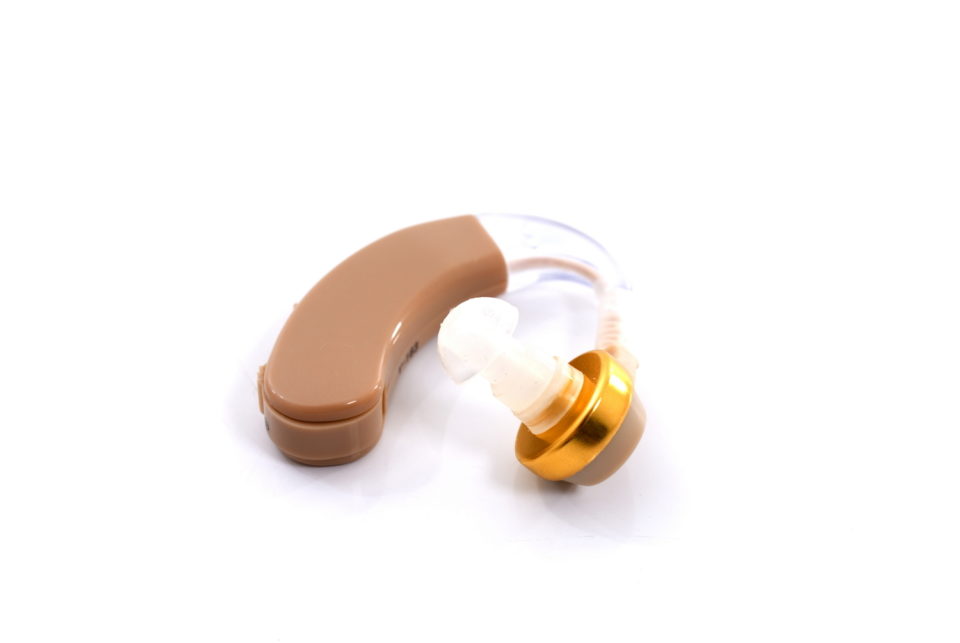With more than 2 in 3 people over the age of 70 in the US facing some form of hearing loss, hearing aids are a vital piece of medical equipment that can greatly improve quality of life and safety and allow those with hearing loss to hear better. Hearing aids, however, can be an expensive affair costing anywhere from $1500 to a few thousand dollars per ear, depending on the degree of hearing loss and other factors. This makes Medicare a useful program for improving hearing health.
Here we explore how Medicare can help cover the cost of hearing aids:
What parts of Medicare cover hearing aids?
- Medicare Part A, i.e. hospital insurance does not cover hearing aids.
- Medicare Part B, i.e. outpatient coverage can help pay for diagnostic hearing exams if ordered by your doctor, although it does not cover the cost of the visits needed for fitting your hearing aids or the cost of the hearing aids.
- Medicare Part C offered by private insurance companies includes additional coverage that can include hearing benefits such as hearing aids.
- Medicare Part D offered by private insurance companies for prescription drug coverage does not cover hearing aids.
- Medigap or supplement insurance usually does not cover hearing aids.
How to select a Medicare plan?
As we can see, Medicare Part C is the only one that offers coverage for hearing aids. It also includes vision, dental, and prescription drug coverage.
As your out-of-pocket cost depends upon your individual plan, when getting your plan, make sure to go through the policy thoroughly and compare multiple plans before selecting one that suits your financial and health needs.
Remember that the total out-of-pocket cost that you will incur will also include the cost of the exams and fitting. When deciding on your Medicare Part C plan, factor in your monthly premium, deductibles, out-of-pocket maximum, copayments. coinsurance and coverage limits.
It is also a good idea to know the open enrollment date and up till when you can make changes to your plan. In the case that you are helping a loved one enroll in Medicare, check if they need to sign up. As if they are collecting social security benefits, they are already enrolled in parts A and B. Also, you may be asked to give information about your relationship to the person you are helping.

